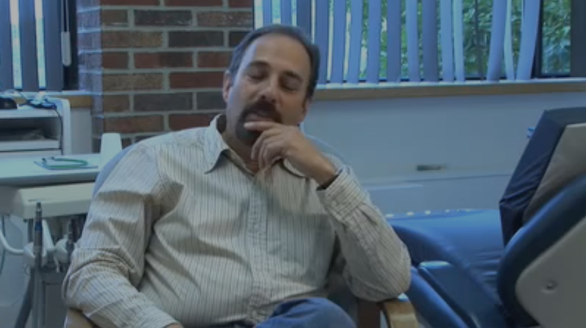A recent study published in the Journal of Agricultural and Food Chemistry found that the hops plant, known for imparting a distinctive bitter taste and aroma to beer, contains substantial amounts of healthful antioxidants that could help fight cavities and gum disease. Scientists focused specifically on studying the leaves, called bracts, and discovered that extracts from the plant prevented the bacteria responsible for cavities and gum disease from sticking to the surface of teeth and releasing certain bacterial toxins. In beer production only the flower and the vine are used while the bracts are discarded, thus making the future usefulness of bracts a distinct possibility in dentistry.
Source: Word of Mouth/Mass Dental Society

